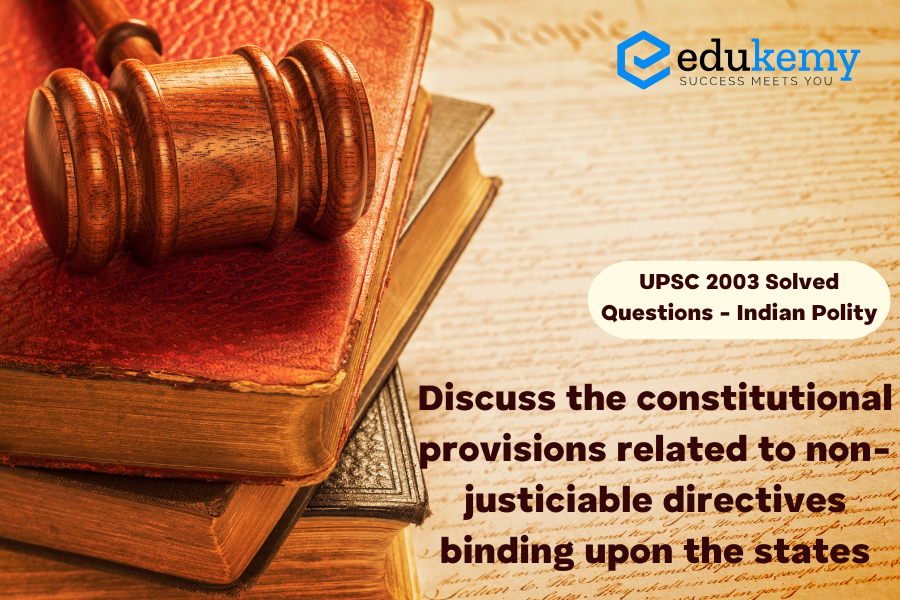
The Indian Constitution incorporates the Directive Principles of State Policy in Part IV. These principles serve as guidelines for the state, directing its governance responsibilities. It is the duty of the state to implement these principles, as they are fundamental to the country’s administration. However, these principles are non-justiciable, meaning that if the state fails to apply them, individuals cannot seek legal recourse in the courts.
Despite their non-justiciable nature, the Supreme Court has introduced the “Doctrine or Theory of Harmonisation” to underscore the significance of these provisions. The Court asserts that Fundamental Rights and Directive Principles are complementary and together form an integrated framework. However, when conflicts arise, Fundamental Rights take precedence over Directive Principles. In the current context, only Article 39(b) and Article 39(c) can override Articles 14 and 19.
Articles 39(b) and (c) instruct the state to formulate policies promoting the equitable distribution of material resources and preventing the concentration of wealth and means of production. These provisions aim to establish societal equality. Laws enacted to uphold these principles do not violate Fundamental Rights under Articles 14 and 19, ensuring the Right to Equality and Right to Freedom, respectively.

Contents
In case you still have your doubts, contact us on 9811333901.
For UPSC Prelims Resources, Click here
For Daily Updates and Study Material:
Join our Telegram Channel – Edukemy for IAS
- 1. Learn through Videos – here
- 2. Be Exam Ready by Practicing Daily MCQs – here
- 3. Daily Newsletter – Get all your Current Affairs Covered – here
- 4. Mains Answer Writing Practice – here

